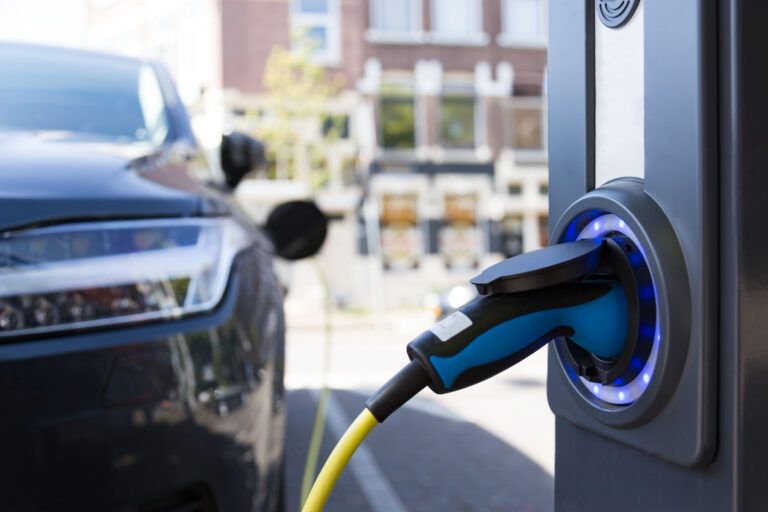Battery health certificates could play a significant role in stimulating the UK’s used EV market, a survey commissioned by insurance specialist AXA UK has found.
In their research, AXA UK found that 63 per cent of UK motorists do not plan to buy an electric vehicle, with 37 per cent of that figure citing concerns over battery lifespan as one of the main reasons. In addition, eight per cent of those questioned said they had plans to buy a second-hand EV.
AXA UK believes that battery health certificates could stimulate the used EV market by providing a measure for vehicle value that does not currently exist. According to AXA UK, this could have a positive impact on insurance premiums by making it easier for insurers to accurately assess the value of second-hand EVs in a similar way that mileage is used for ICE vehicles.
From 1 April, new EVs priced over £40,000 will be subject to an annual car tax for five years at a cost of £425, in addition to road tax being introduced for all EVs at £195 per year. Many EVs fall above the £40,000 price mark, so used EVs present an attractive alternative for customers looking to make the switch to electric. However, concerns over battery health, range issues and car values remain prevalent.
The new research also shows that motorists do not plan to buy EVs because they believe they are too expensive (61 per cent) and because there is a lack of charging points in their local area (36 per cent).
Alongside the research, AXA UK has published a report titled ‘Sparking Change – the case for delivering EV battery health certificates’, which highlights the benefits of standardised battery health certificates in increasing demand for used EVs and alleviating consumer concerns.
The certificates would provide consistency in battery health information for all makes and models of used EVs to give consumers more confidence in the longevity of the vehicles they are buying.
The research also reveals there is a lack of public awareness around the used EV market, with nearly 64 per cent of those questioned saying there is not enough public information on how to buy a used electric vehicle.
In the UK, new EVs and their batteries must have manufacturer warranties of eight years or 100,000 miles but these are often not passed on to subsequent owners of the vehicle. There is currently no standardised method in place for the owners of second-hand EVs to track the vehicle’s battery health or performance.
In a statement, Marco Distefano, MD of AXA Retail, said: “Battery health certificates have the potential to boost consumer confidence and drive demand to create a thriving second-hand EV market. It’s clear that motorists have concerns around the lifespan and cost of electric vehicles and without addressing these issues there is a risk that EV uptake will remain low.”
The government made a commitment to introduce battery health certificates in its manifesto, but AXA UK said this should be implemented as soon as possible if the UK is to meet its EV targets.
The survey of 1501 members of the public was conducted by Stack Data Strategy.





